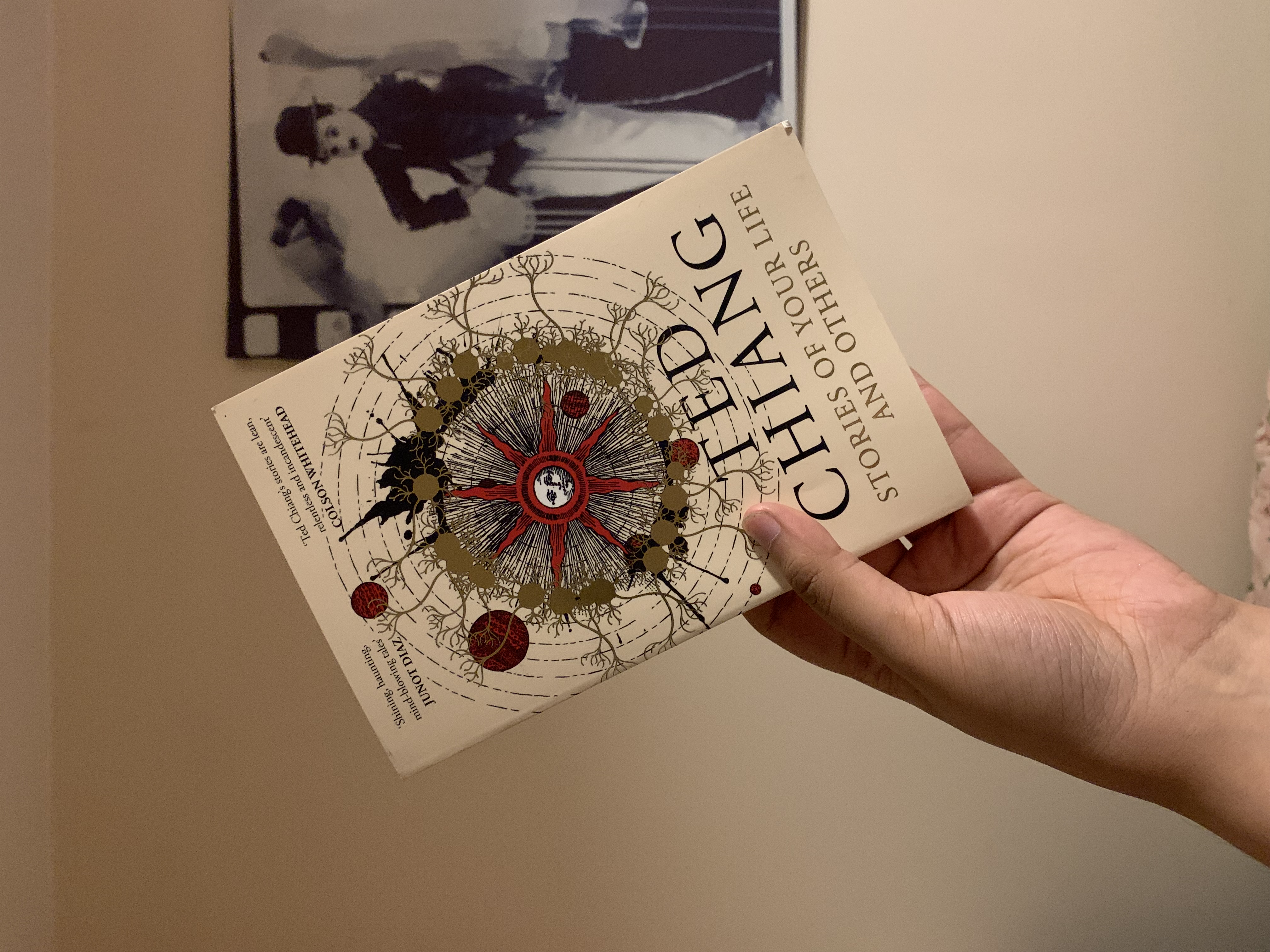
“Ted Chiang’s Soulful Science Fiction.” The New Yorker 5 Jan. Lund, Sweden: Almqvist and Wiksell, 1962. Studies in the Narrative Technique of the First-Person Novel. The Cambridge Introduction to Postmodern Fiction.

“Britain has had enough of experts, says Gove.” Financial Times 3 June 2016. Time Flies When You're Alive: A Real-Life Love Story. Global Matters: The Transnational Turn in Literary Studies. “'It'll change back': Trump says climate change not a hoax, but denies lasting impact.” The Guardian 15 Oct. “On the Writing of Speculative Fiction.” Of Worlds Beyond: The Science of Science-Fiction Writing. “Global Challenges Research Fund.” UK Research and Innovation. “Introduction: The Planetary Condition.” The Planetary Turn: Relationality and Geoaesthetics in the Twenty-First Century. Search in Google ScholarĮlias, Amy, and Christian Moraru. “Preface and Acknowledgements.” The Planetary Turn: Relationality and Geoaesthetics in the Twenty-First Century. Organisation for Economic Co-Operation and Development. “Story of Your Life.” Stories of Your Life and Others. “Story Notes: Story of Your Life.” Stories of Your Life and Others. Madrid: Penguin Random House Grupo Editorial España, 2011. Search in Google Scholarīorges, Jorge Luis. Search in Google Scholarīorges, Jorge Luis A University History of Infamy. Amy Adams, Jeremy Renner and Forest Whitaker.

Arrival is as much a work of ‘hu-fi’ as it is ‘sci-fi’, that is, ‘Humanities fiction’, a film which uses Chiang’s original novella to convey a message about the restorative potential of ‘Humanities values’ in the face of a new global threat.Īrrival. Another of its crisis-points is also ‘very 2016’: its ability to use science fiction tropes to express an anxiety about how liberal values are in danger of being overtaken by a self-interested, forceful, intolerant kind of politics.
Story of your life ted chiang summary movie#
While founded upon a time-honoured science fiction scenario the movie also clearly articulates the sense of global peril which is typical of much of the cultural production of our current times, manifested in fears about ecological catastrophe, terrorist attacks, and the anthropocene, etc. This essay compares the film with the original novella upon which it was based – Ted Chiang’s “Story of Your Life” (1998) – to examine the role translation plays in both, with the aim of placing this in the context of the crisis in the Humanities which has marked universities over the last few years, and can be linked to a more general crisis in liberal values. It is a film which not only features a Professor of Linguistics as its heroine, but the plot of which is organised around the critical global importance of a multi-million dollar translation project. One of the more interesting science fiction movies of recent years, at least to Humanities academics, is Denis Villeneuve’s 2016 alien-invasion movie, Arrival.


 0 kommentar(er)
0 kommentar(er)
